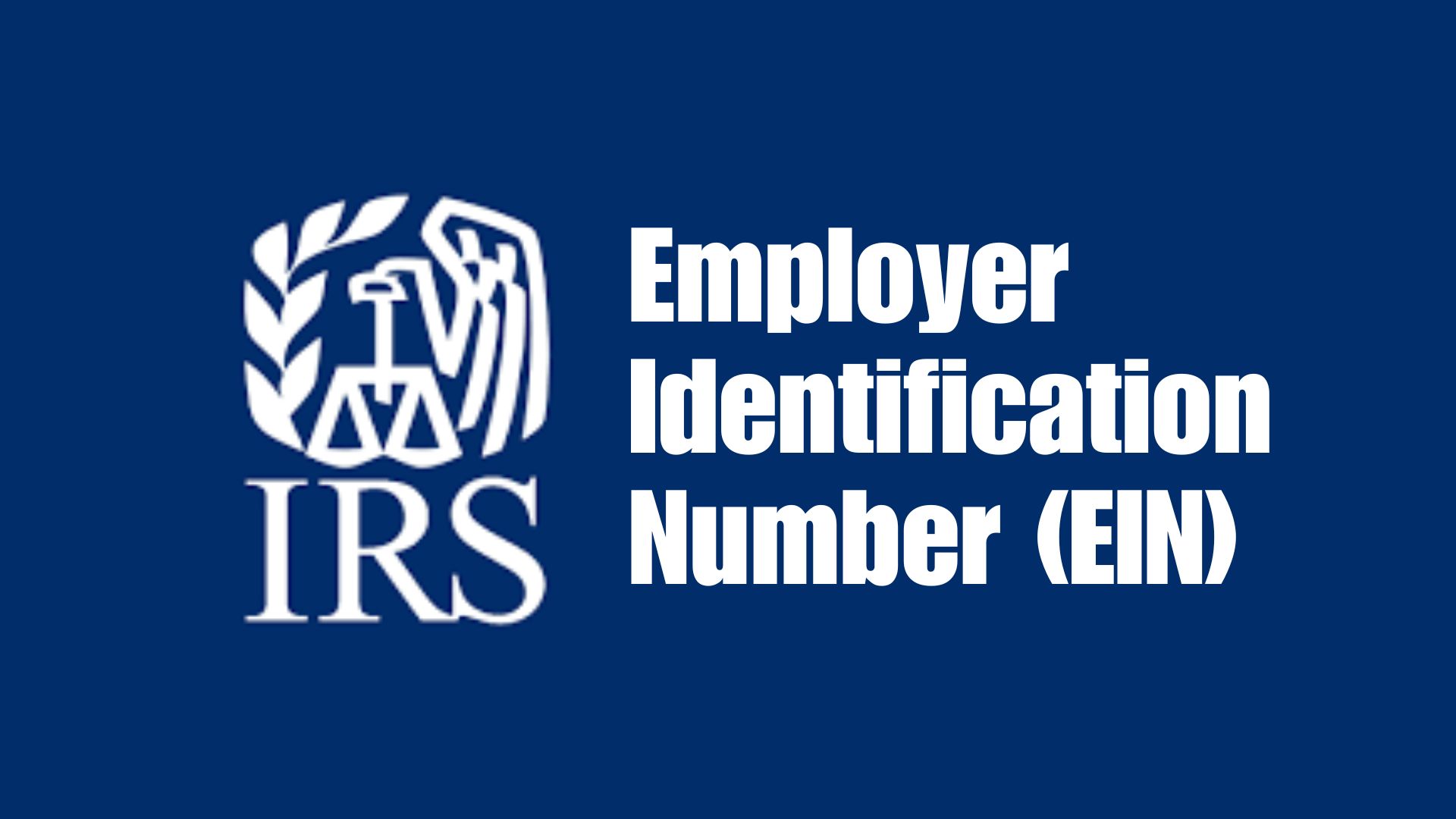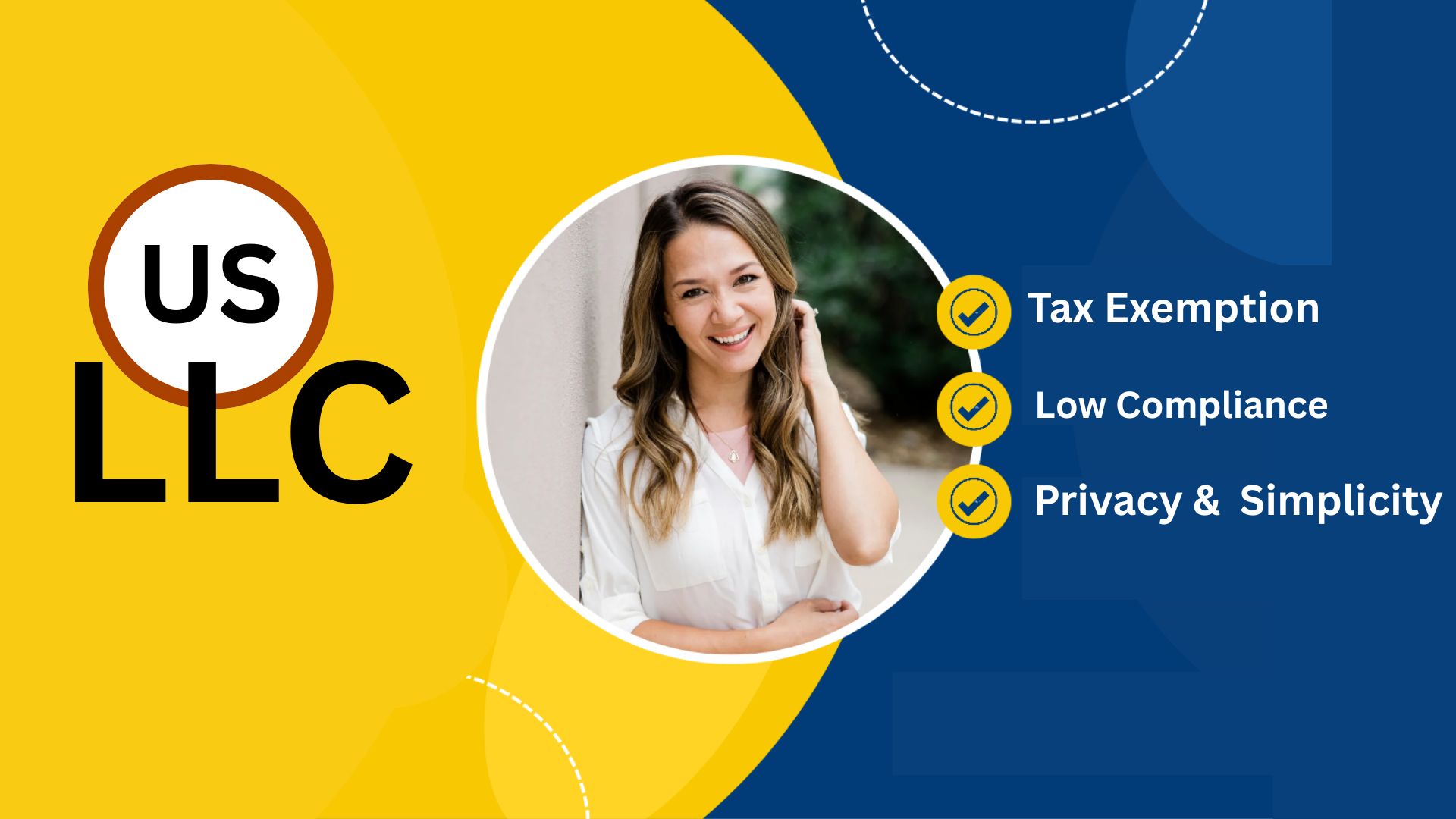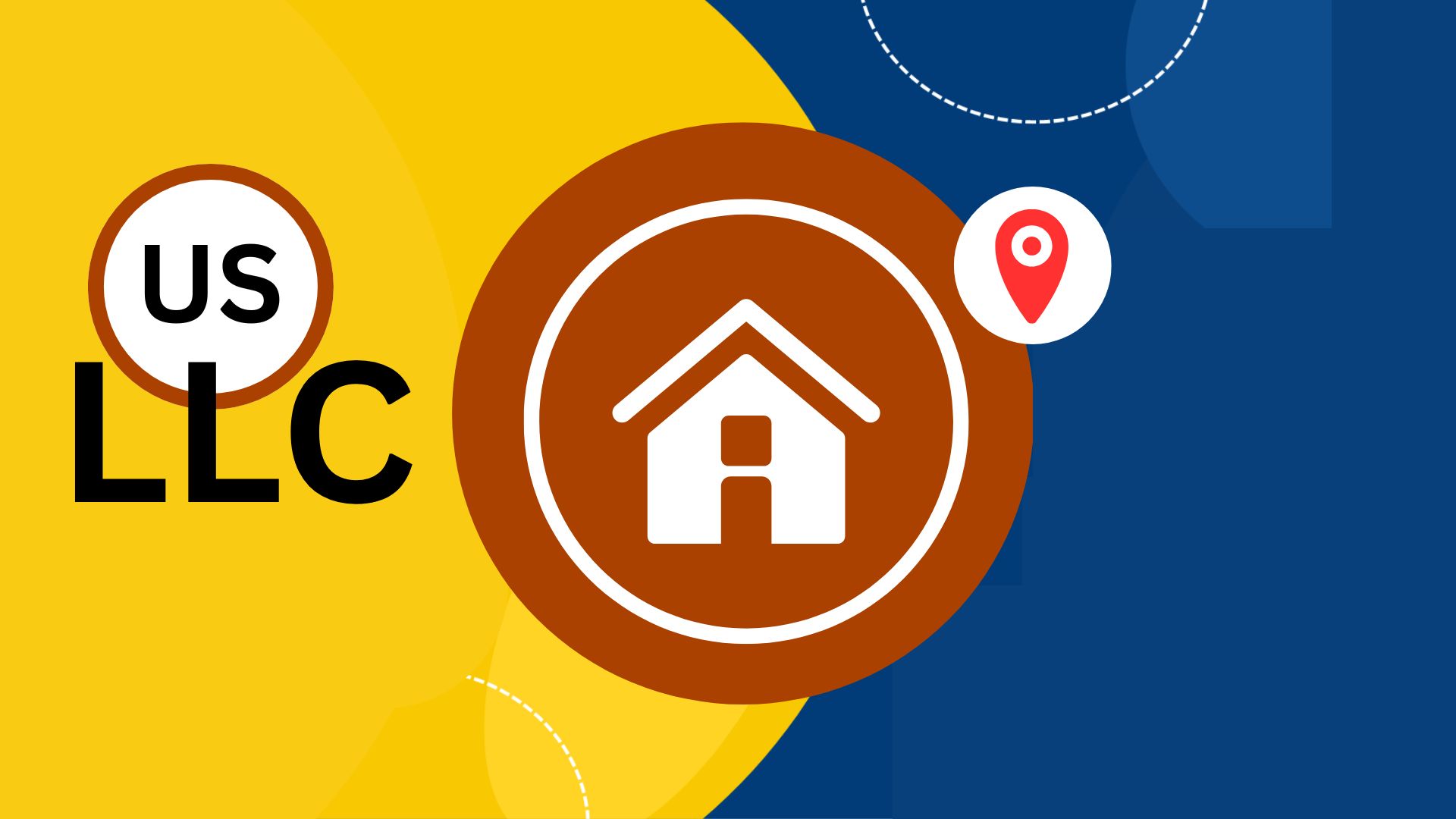Last Updated on 17 hours by Komolafe Bamidele
Over the past year, all US banks have dramatically tightened their requirements for non-US resident LLC bank accounts.
Traditional banks, online banks, neobanks, fintech platforms, and electronic money institutions have all become much stricter, creating significant challenges for international entrepreneurs and business owners.
What used to be a straightforward process has now become a complex obstacle course, with many banks rejecting applications outright or imposing impossible requirements.
But don’t lose hope – I’m going to show you how I successfully Open a US Bank Account as a Non-Resident in just 10 minutes as a non-resident, and how you can do it too.
The banking industry has changed, but with the right approach, you can navigate these new challenges effectively.
While most non-US residents think getting a US bank account is impossible due to the challenges we’ve explored, with the right approach, you can have your account opened in as little as 10 minutes.
Don’t let the tightened regulations discourage you – follow this proven method and gain access to the tremendous advantages of US banking for your international business.
Get started now with Bizee and take the first step toward your US business success!
Why Getting a US Bank Account Has Become So Difficult
As you consider your options for establishing a financial presence in the United States, it’s critical to understand exactly why the landscape has shifted so dramatically.
The Proof of Address Problem
The biggest bottleneck for most fintech solutions like Wise and Relay is providing a legitimate US business address.
Unfortunately, using a registered agent address is no longer acceptable for most banks. They now require real proof of address and evidence of actual business activities within the United States – a direct response to tightened financial regulations.
Even previously reliable options have tightened their policies, making your preparation all the more important:
- Wise: No longer as accessible and not FDIC insured, which makes many business owners nervous
- Relay: Now requires a US address and SSN, potentially triggering US tax nexus issues for your LLC
- Mercury: Previously the top recommendation, but now has increased compliance requirements and is more selective about approvals
The US Address Requirement For Opening a US Bank Account.
This address challenge connects directly to banks’ new verification processes. They’re now asking for US addresses and rejecting registered agent addresses.
Many require contracts with customers to prove you actually have operations in the US – a challenging requirement for businesses just getting started.
Mercury, for example, now requires that your company either already has or plans to have operations in the United States AND will serve US customers within two years.
Understanding these requirements is crucial as we move into preparing the documentation you’ll need for a successful application.
Essential Documents Needed for a US Bank Account
Now that you understand the challenges, let’s focus on building your application package.
Before I share the method that worked for me in just 10 minutes, you’ll need to prepare specific documentation to overcome the hurdles we’ve just discussed.
1. LLC Approval Documents
First, you’ll need formal proof of your business entity. Depending on your state of formation, this means:
- Articles of Organisation
- Certificate of Organisation
- Certificate of Formation
These documents establish your LLC legal foundation and are the first thing banks will verify.
2. Identification
Next, prepare your personal identification documents:
- A passport from your home country (most common and preferred option)
- US ID like a driver’s license (if you have one)
These documents help banks comply with KYC (Know Your Customer) requirements, directly addressing their heightened security concerns.
3. LLC/Business Address Information
To tackle the address challenge we discussed earlier, you’ll need to provide:
- Your LLC’s registered address
- A trading/business address (where you work)
- Your personal home address
The consistency across these addresses is what will help your application succeed where others fail.
4. Employer Identification Number (EIN)
Finally, all banks require proof of your LLC’s EIN (Federal Tax ID Number), which connects to tax compliance requirements:
- Approved SS-4 fax application with EIN written on it
- EIN Confirmation Letter (CP 575)
- EIN Verification Letter (147c)
With these documents prepared properly, you’re ready to learn the step-by-step method that worked for me in just 10 minutes.
The 10-Minute Solution: How I Opened My US Bank Account Remotely
Armed with your documentation package, you’re now ready to implement the solution that worked for me.
After numerous rejections and hours of research, I discovered a streamlined process that works consistently for non-residents, addressing each of the challenges I outlined earlier.
Here’s my step-by-step method:
Step 1: Form a US LLC
The foundation of this approach lies in understanding the key difference between personal and business bank accounts.
As a non-resident, it’s nearly impossible to open a personal bank account without physically travelling to the US.
However, by forming a Limited Liability Company (LLC), you can open a business account that functions effectively for your needs and bypasses many restrictions.
Benefits of this approach directly address the challenges we discussed:
- As a non-resident with a properly structured LLC, you won’t pay US taxes on foreign-sourced income
- Minimal reporting requirements overcome regulatory hurdles
- Financial information isn’t generally shared with your home country
- Quick and easy to set up, reducing the complexity we outlined earlier
Step 2: Obtain an EIN
Building on your LLC formation, an Employer Identification Number is essential for your banking application. You’ll need to:
- Complete Form SS-4
- Fax it to the IRS
- Follow up with a call
This critical tax identifier connects to the documentation requirements we discussed earlier. Note: Currently, this process is taking up to a month due to IRS backlogs, so plan accordingly within your timeline.
Step 3: Establish a Legitimate Business Presence
This is where most people fail, but it’s the secret to my 10-minute success. Remember the proof of operations challenge I mentioned? Here’s how to address it.
Banks want to see evidence that you’re serious about your US business:
- Create a professional business website with your LLC name
- Secure a domain name matching your business
- Set up professional email addresses
- Develop a basic business plan or service description
For my successful application, I created a simple consulting website using Squarespace (approximately $50). This step dramatically increases your approval chances by demonstrating legitimate business intent.
Step 4: Secure a US Address
Connecting directly to the address requirement dilemma I highlighted earlier, the most critical factor that helped me succeed was having a legitimate US address. Options include:
- Using a friend or family member’s address (best option if available)
- Renting a WeWork or Regis office space
- Using a specialised business address service
While virtual addresses can sometimes work, having a real physical address significantly improves your chances of approval.
Ensure consistency by using the same address across all your LLC documents, EIN application, and bank account applications – this consistency is key to navigating the verification process.
Step 5: Choose the Right Bank
With your documentation, business presence, and address in place, it’s time to select the right financial institution.
After testing multiple options against the challenging landscape I described, here are the most reliable banks for non-residents:
Mercury.com
Based on my experience with the banking landscape I described earlier, Mercury is currently the most consistent option for non-residents using virtual addresses. For my 10-minute application, I:
- Ensured all documentation matched (addressing the consistency issues mentioned)
- Provided a professional website link (solving the business presence requirement)
- Clearly explained my business model
- Demonstrated plans to serve US customers (directly answering Mercury’s specific requirements)
Mercury offers excellent digital banking features, international wire transfers, and will mail your debit card directly to your international address, making it ideal for the remote setup we’ve constructed.
Revolut
Building on our banking options, if you’re from Europe, Revolut offers another viable option with fintech features similar to those of Mercury. This provides an alternative if Mercury’s requirements prove too challenging.
Traditional Banks (When Visiting the US)
Connecting back to our discussion of physical presence, if you plan to visit the US, Wells Fargo is the most “foreigner-friendly” traditional bank. However, you’ll need to:
- Call ahead and speak with a branch manager
- Make an appointment
- Bring all required documentation (that we outlined earlier)
- Be prepared to provide additional proof of address (addressing the address challenge we discussed)
Common Pitfalls to Avoid
Now that you understand how to build a successful application, let’s examine the potential roadblocks that could derail your efforts, even with perfect preparation.
Restricted Countries
Related to the identification requirements we discussed, due to US sanctions, you won’t be able to open an account if you reside in certain countries, including:
- Belarus
- Cuba
- Iran
- North Korea
- Syria
- Venezuela
- And several others
Always check the current Sanctions Programs list from the US Department of Treasury before beginning this process.
Beneficial Ownership Rules
Building on our discussion of documentation requirements, all US banks must comply with Fincen’s “Customer Due Diligence Requirements,” which require identifying the true owners of businesses before opening accounts.
Be prepared to complete a Declaration of Beneficial Ownership form – another layer of verification we need to navigate.
Using Relatives as Representatives
Addressing a common workaround attempt: “If you have a relative who is a permanent resident in the USA and willing to be involved, could you make them an authorised representative to open a bank account?”
While this might seem to solve the address problem we discussed earlier, banks still need to know who the beneficial owners are, and those beneficial owners must sign the paperwork.
Your relative can’t simply replace you in the process – understanding this saves valuable time and prevents application rejections.
Costs to Expect
Having outlined the complete process, let’s talk about the investment required.
For my 10-minute solution that successfully navigated all the challenges we’ve discussed, here’s what I spent:
- LLC formation: $50 (state fee for New Mexico using Bizee)
- Domain and website: $50 (Squarespace) – essential for establishing business presence
- Virtual address service: $50 (annually) – addressing the crucial address requirement
Total investment: Less than $200 for a fully functional US bank account – a small price compared to the benefits of having a US banking presence and the costs of multiple failed applications or unnecessary travel.
FAQS About US Bank Accounts for Non-Residents
To address the most common questions that arise after learning about this process:
Do I need an SSN to open an LLC bank account?
No, you don’t need a Social Security Number (SSN) to open a U.S. LLC bank account – this directly addresses one of the common misconceptions about the documentation requirements we discussed.
Do I need an ITIN to open an LLC bank account?
No, you don’t need an Individual Taxpayer Identification Number (ITIN) to open a U.S. LLC bank account. Your EIN from step 2 is sufficient for banking purposes.
Can I use my LLC bank account for personal expenses?
Yes, with proper documentation and accounting, your LLC bank account can be used for legitimate business and personal expenses, making this solution practical for your everyday needs.
What are the minimum balance requirements?
These vary by bank, connecting to our earlier discussion of bank selection:
- Mercury: No minimum balance requirement – ideal for our 10-minute solution
- Traditional banks: Usually $500-$2,500 to avoid monthly fees – an important consideration if you choose the physical visit route
Ready to Open Your US Bank Account? Here’s Your Next Step
Now that you understand the comprehensive process and how each step connects to overcome the challenges of today’s banking landscape, it’s time to take action.
If you’re looking to set up your US company within 24 to 48 hours, let Bizee do everything for you.
I’ve partnered with them to get you an amazing deal that’s more than $250. You’ll be saving with Bizee, and it can be put right back to work in your new business.
Not to mention, you get a Registered Agent service free of charge for a year to keep your business in compliance.
With Bizee, you can incorporate your business at just $0, plus the state fees, which vary depending on your state.
Plus, for this price, you can get a lot of services to kickstart your business that you would normally have to pay extra for with other companies, directly addressing the cost considerations we just discussed.
Here are the top six reasons why you’ll still be better off without a Bizee coupon code, each connecting to elements of our process:
- Each of the three Bizee packages includes Registered Agent service FREE for the first full year, helping with your address requirements.
- Bizee gives you unlimited access to email and phone support to assist with any questions and concerns – invaluable when navigating the complex banking landscape.
- A FREE 30-minute Business Tax Consultation is provided with every package, helping you understand compliance requirements.
- Bizee has an order tracking tool that will allow you to monitor the status of your order in real time. You can use it any time of the day!
- Each order includes Next Day Processing. Bizee will conduct a name search, draft your articles and forward them to the state for processing in just one business day. Even though the filing times vary per state, Bizee gets them over to the state in one business day, then mails your company formation documents upon the state’s completion, giving you the documentation you need faster.
So what are you waiting for? Just get started with Bizee’s official website today.
Discover more from Zenith Techs
Subscribe to get the latest posts sent to your email.








